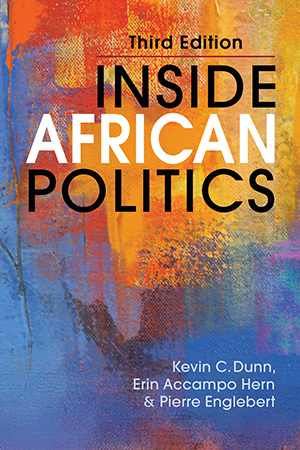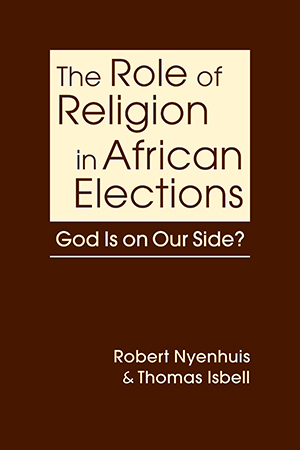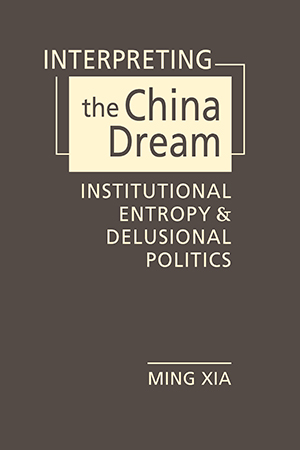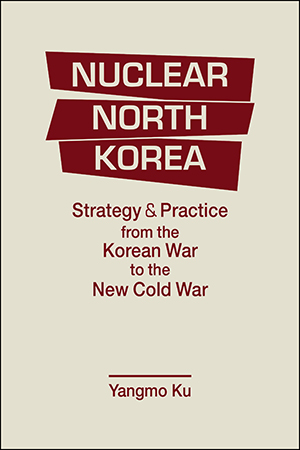BOOKS
While fragile countries around the world have reverted to conflict soon after the achievement of a purported peace deal, how have both Liberia and Sierra Leone maintained a relative, if More >
Since the 1990s, the US use of economic sanctions as a tool of statecraft has exploded—and both third-party states and the targets themselves have developed a range of More >
How did a profession once centered on patient care become a profit-maximizing business—one that has generated soaring costs, increasingly poor access, and healthcare outcomes far below More >
Although disarmament is a longstanding feature of the international system, it is often dismissed as utopian and remains largely understudied and undertheorized. To redress this gap, the More >
With climate change reshaping the global landscape—straining alliances, revealing new areas for exploitation, igniting new flashpoints—are prevailing theories of international More >
A shifting global order. The impact of the Covid-19 pandemic. The emergence of an African "coup belt." Increasingly pressing environmental issues. These are just some of the More >
Twenty years after Nelson Mandela commissioned the first HIV household survey in South Africa, this latest data collection undertaken by the Human Sciences Research Council and its partners More >
Does religion play a significant role in voting behavior in sub-Saharan Africa? The perception has long been that religious identity has little impact on electoral decisionmaking, with many More >
More than a decade ago, Xi Jinping heralded a new era for China when he outlined his "Chinese Dream." Has that dream become a reality? Did Xi's transformative vision lead to More >
Despite crippling economic hardships and intense international pressure, North Korea has managed to become a nuclear nation. What drove the country to so resolutely prioritize the More >

















